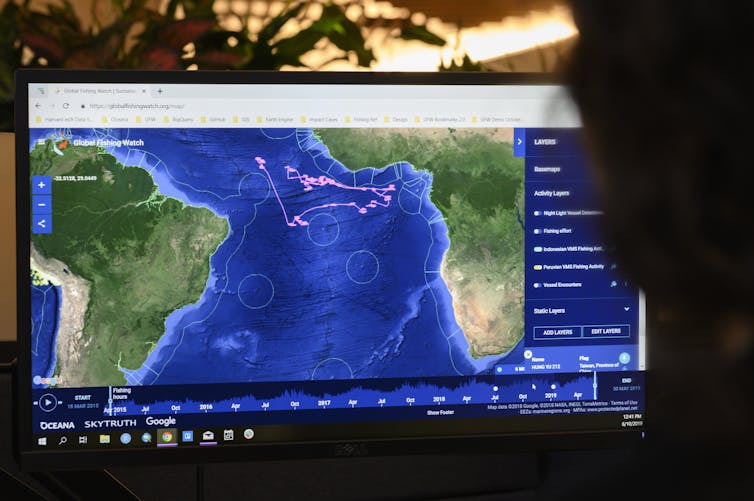Washington, USA.- Oceana released the results of a new seafood fraud investigation, finding that 1 in every 5 fish tested was mislabeled. The study tested seafood not included under the existing federal traceability program, showing that seafood fraud continues in the United States. Oceana collected more than 400 samples from over 250 locations in 24 states and the District of Columbia.
Last year, the federal government required traceability for seafood at risk of illegal fishing and seafood fraud. The Seafood Import Monitoring Program currently only applies to 13 types of imported fish and only traces them from the boat to the U.S. border. Between March and August 2018, Oceana tested popular seafood not covered by this program.
“It’s clear that seafood fraud continues to be a problem in the U.S., and our government needs to do more to tackle this once and for all,” said Beth Lowell, Oceana’s deputy vice president of U.S. campaigns. “Seafood fraud ultimately deceives consumers who fall victim to a bait and switch, disguises conservation and health risks, and hurts honest fishermen and seafood businesses. Seafood traceability—from boat to plate—is critical to ensure that all seafood sold in the U.S. is safe, legally caught and honestly labeled.”
A few of the report highlights include:
– One in every 5 of the 449 fish tested (21 percent) were mislabeled.
– One out of every 3 establishments visited sold mislabeled seafood.
– Seafood was more frequently mislabeled at restaurants (26 percent) and smaller markets (24 percent) than at larger chain grocery stores (12 percent).
Of the species tested, sea bass and snapper had the highest rates of mislabeling (55 and 42 percent, respectively).
Seafood substitutes identified in this study include:
Stay Always Informed
Join our communities to instantly receive the most important news, reports, and analysis from the aquaculture industry.
– Imported seafood sold as regional favorites, fooling consumers into thinking their seafood is locally sourced.
– Vulnerable species such as Atlantic halibut sold as more sustainable catch.
– Seafood sold with generic names like “sea bass” and “catfish” disguising lower-value species or masking health and conservation risks.
“After testing nearly 2,000 samples from more than 30 states since we began our investigations into seafood fraud, it never ceases to astonish me that we continue to uncover troubling levels of deception in the seafood we feed our families,” said Dr. Kimberly Warner, report author and senior scientist at Oceana. “For the sake of ours and the ocean’s health, more needs to be done to tackle this problem.”
To access Oceana’s full report, fact sheet and other materials, visit usa.oceana.org/SeafoodFraudPersists .
Source: OCEANA
Editor at the digital magazine AquaHoy. He holds a degree in Aquaculture Biology from the National University of Santa (UNS) and a Master’s degree in Science and Innovation Management from the Polytechnic University of Valencia, with postgraduate diplomas in Business Innovation and Innovation Management. He possesses extensive experience in the aquaculture and fisheries sector, having led the Fisheries Innovation Unit of the National Program for Innovation in Fisheries and Aquaculture (PNIPA). He has served as a senior consultant in technology watch, an innovation project formulator and advisor, and a lecturer at UNS. He is a member of the Peruvian College of Biologists and was recognized by the World Aquaculture Society (WAS) in 2016 for his contribution to aquaculture.






